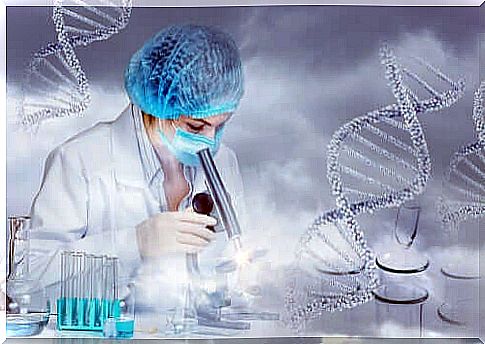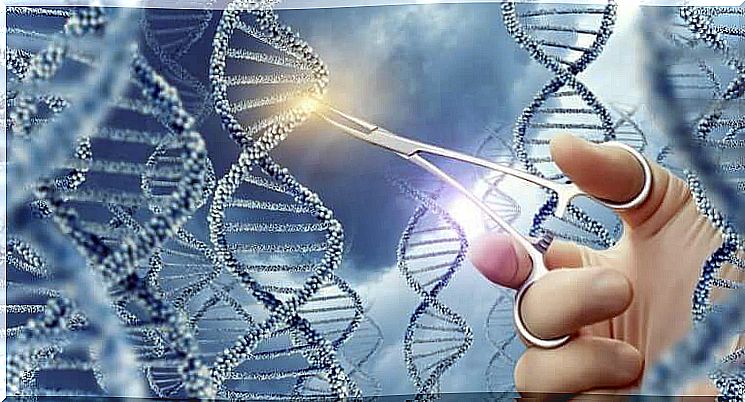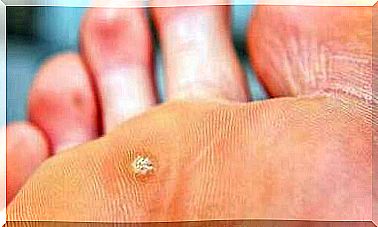Study On Cancer Genome: Detecting Tumors Before They Develop
The journal Nature published the progress of the “Pan-Cancer Analysis of Whole Genomes” initiative, which aims to find out which mutations or patterns of genetic changes are responsible for the development and promote the growth of cancer. The aim is to identify the changed cancer genome before a tumor develops. Find out more on this topic in today’s article.

The prevalence, i.e. the number of people currently living with cancer, is very high. It is estimated that around a third of the population will develop cancer at some point in their lives. The death rate is still very high, but there is a lot of research trying to alleviate this suffering. The “Pan-Cancer Analysis of Whole Genomes” (PCAWG) initiative has also set itself this goal: the cancer genome is to be analyzed by meta-analysis of mutations in tumor genes of various types of cancer . In the future, it may be possible to intervene in this way before the disease develops.
Various factors play an important role in the development of cancer. We will go into this in more detail in the course of the article. One of the reasons is the high complexity of the human organism, which leads to cell mutations and errors.
For some philosophers and scientists, the genetic mutation that causes cancer is an expected error that comes about through the potency of DNA (deoxyribonucleic acid). We are so complex that programming errors are to be expected.
The scientific community is studying the genetic causes of cancer. In this context, the PCAWG initiative should also be mentioned, which was published in the journal Nature and in other journals.
The journal Nature reported on the progress of this meta-study and published over twenty articles on the subject at the same time. These provide information on the analysis of over 2,500 patients with almost forty different types of cancer.
Scientists from different countries are jointly investigating cancer genes in the PCAWG meta-study. A total of 1,300 experts are working on this with 13 supercomputers that process the recorded data.
Why does cancer develop?
We know that cancer is multifactorial. This means that there is not just one single factor behind this disease, but that there are always several factors that interact. The PCAWG study proceeded from this basis and examined the sequences of those genes that play a role in cancer.
The scientists wanted to find out how DNA changes and how cells multiply uncontrollably, that is, why cancer develops. Genetic mutations are due to almost a hundred different factors. These include, for example:
- Lifestyle: Tobacco, alcohol and an unhealthy diet are factors that can be changed. They can encourage the development of cancer, especially tobacco use.
- Age: Aging affects the processes that cells use to prevent cancer. Therefore, the risk of the uncontrolled growth of malignant cells increases with age.
- Genetic inheritance: Some gene mutations can be passed on from parents to children.
- Coincidence: DNA can also mutate for unknown reasons. These are attributed to chance, but science does not yet know any details about them. The problem is that almost 60 percent of tumors arise randomly.

The cancer genome and the human genome project
The PCAWG study is being carried out within the framework of the human genome project, which was launched in 1990. This initiative by the international scientific community aims to uncover the secrets of human DNA.
The completion of this project was planned for 2005, but it was completed in 2003. Because in this year the complete genetic information of the human being was deciphered.
This sequencing made it possible to study the cancer genome. Now that the complete structure of human DNA is known, it is possible to analyze which parts undergo changes in diseases such as cancer.
Both projects are funded by different institutions in different countries, but there is still a lack of money. Many small research projects under this initiative cannot find funding to enable them to continue.
The latest research, which, as mentioned, was published in the journal Nature , had to contend with financial problems. The scientists received no remuneration for their work and they have no funds to continue their research.
But despite these financial difficulties, the Human Genome Project is of great importance:
- We now know all of human DNA.
- Scientists can store and share information.
- You can improve genetic information analysis techniques in medicine.
- A discussion about the legal implications of this new knowledge is also necessary.

Cancer genetic material study: what are the benefits?
The scientists involved in this project know the importance of the progress made. But that doesn’t mean that cancer therapies will change from one day to the next. The benefits of the Pan-Cancer Analysis of Whole Genomes initiative will be felt in the long term.
The genetic information will make it possible to treat each patient in the best possible way. We are thus beginning the era of individual oncological therapies with treatments specially developed for a patient.
It would also be possible to detect cancer at an early stage, possibly with liquid biopsies. When the altered DNA gets into the bloodstream through the mutated cells, new techniques can find it.
Of course, legal and ethical issues also play a role here. Could health insurance refuse someone because they have cancer inheritance?
There is still a long way to go, but we have already taken the first steps. Perhaps this has made some progress in the fight against cancer, perhaps we will be able to recognize this disease so early in the future that it cannot develop at all.









